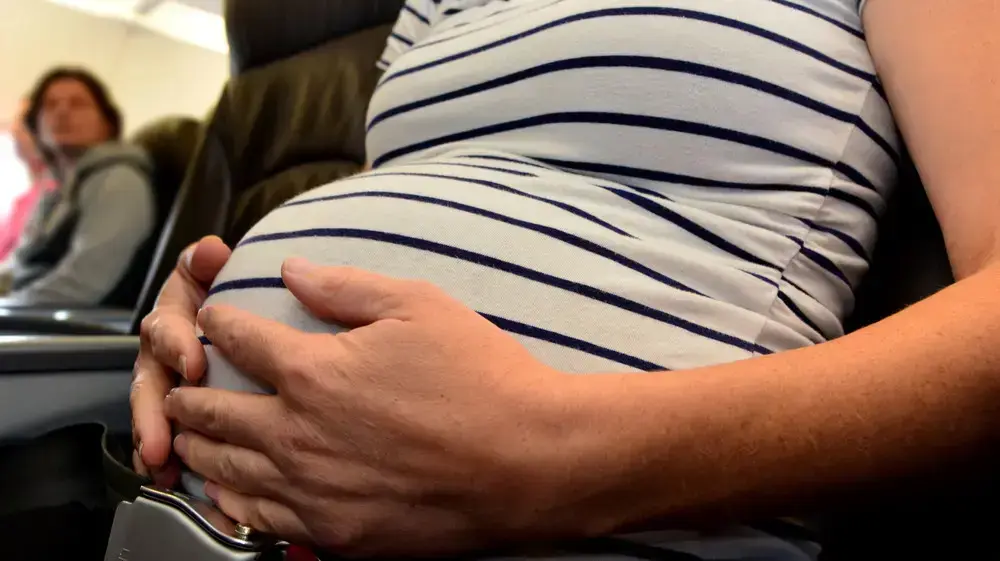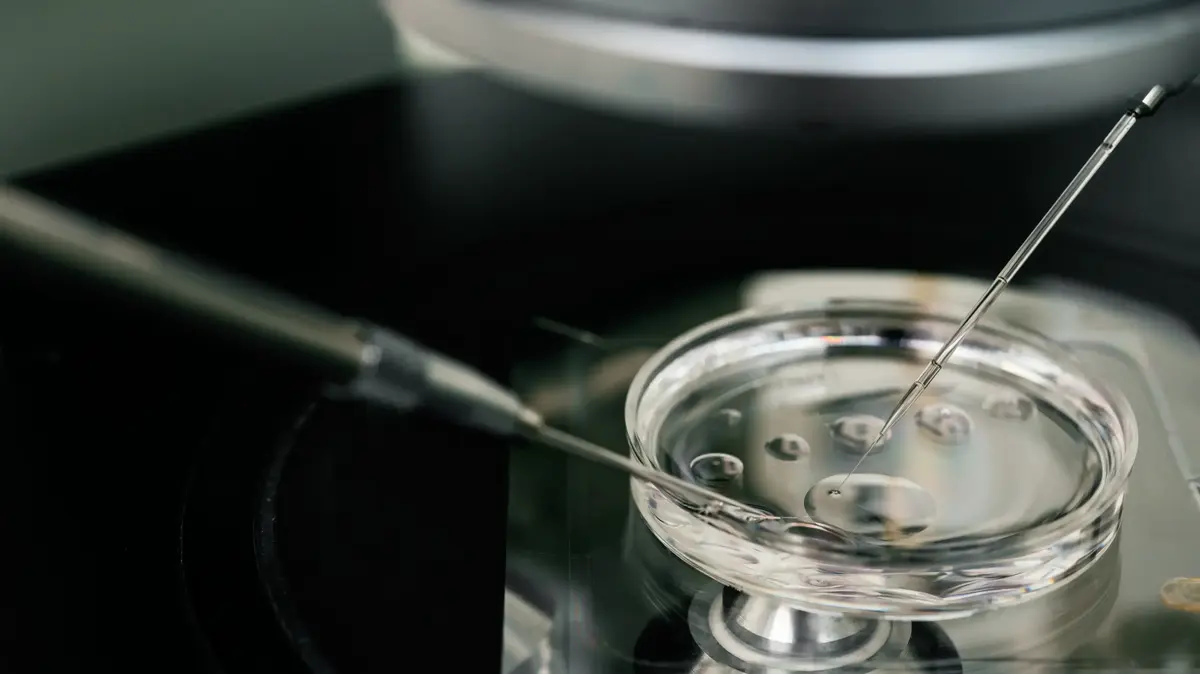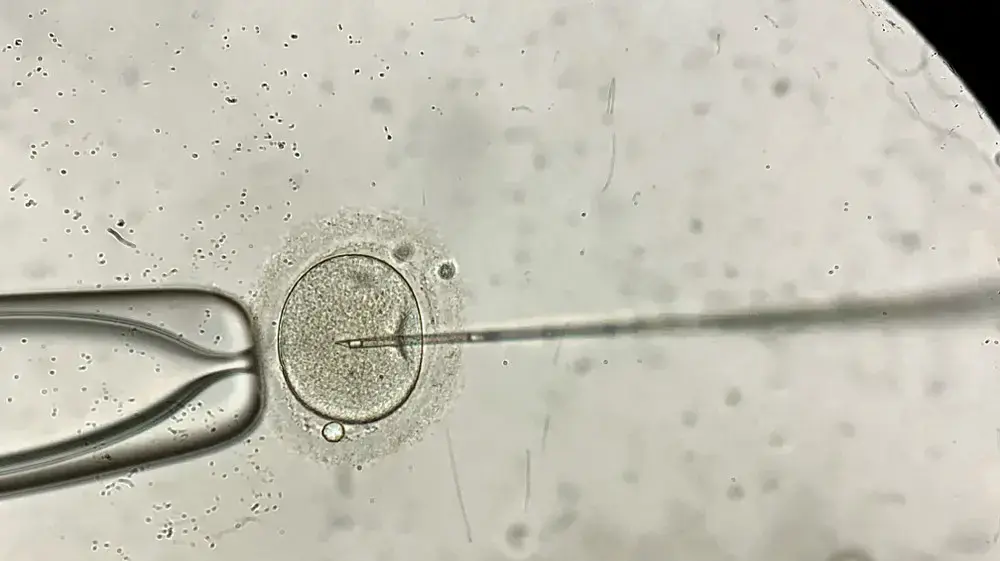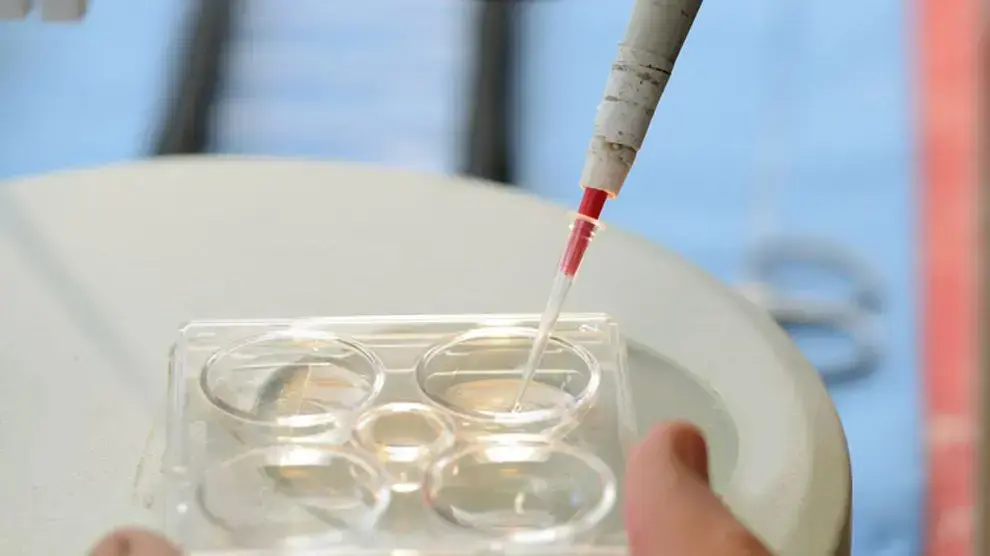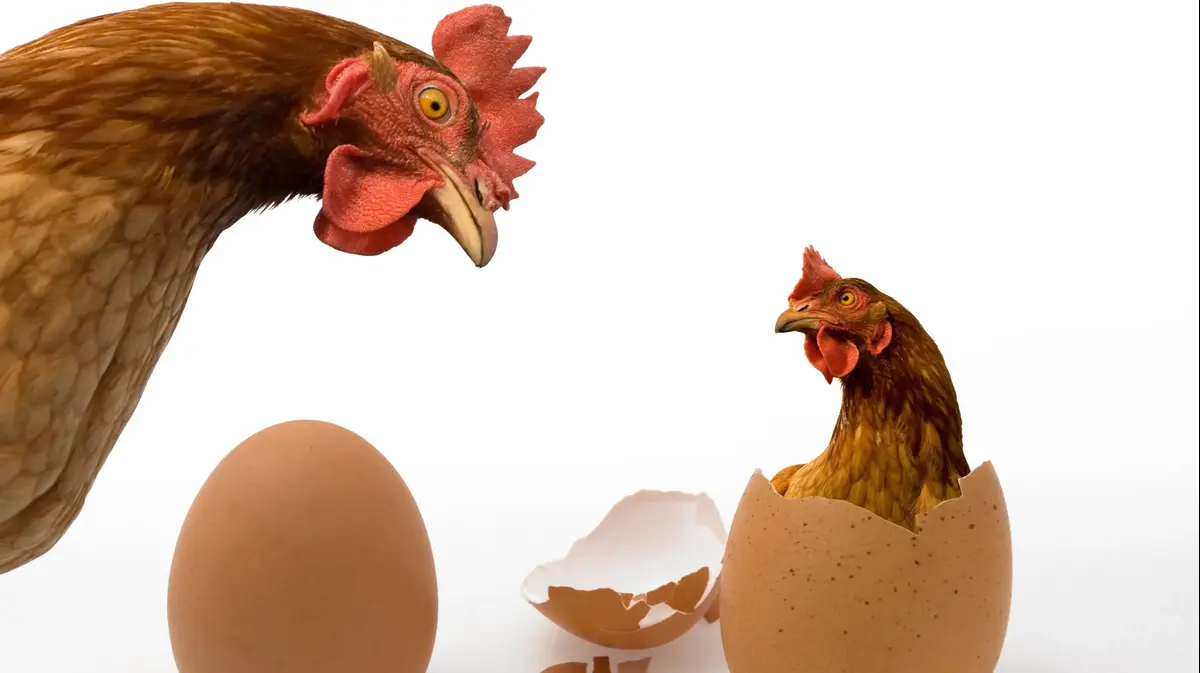health
My health
Egg Freezing: Everything you wanted to know about the process
Freezing eggs or preserving fertility is a process that has become increasingly common in recent years.
The gynecologist, Dr. Arik Kahana explains what it includes and what the success rates are at each age
Tags
fertility
Pregnancy
Birth
Freezing eggs
Dr. Arik Kahana
Sunday, 29 August 2021, 10:37
Share on Facebook
Share on WhatsApp
Share on general
Share on general
Share on Twitter
Share on Email
0 comments
Fertility preservation is a very topical issue today, but until a decade ago it was not.
In fact, only about ten years ago, a law was passed that allows for the preservation of fertility that is not for medical reasons for women between the ages of 30 and 41. Why is it actually recommended to perform fertility preservation already in the early thirties, what does the process include and what are its chances of success?
More on Walla!
Does egg freezing harm women?
To the full article
The important thing to remember is that the average chance of getting pregnant and giving birth by the age of 37 is about 30 percent, beyond the age of 40, the chance is around 10 percent, and beyond the age of 42 they go down to single digits.
The older the egg, the much lower the chance of getting pregnant and at the same time there is an increase in the incidence of miscarriages and chromosomal abnormalities in the fetus due to the older egg.
Or in simple words - the decision to preserve eggs for women can be significant for them and increases the chances of having a healthy baby at a late age.
More on Walla!
I forgot in the freezer: Most women who freeze eggs do not use them in the end
England: A two-year-old baby underwent an egg freezing procedure
For the first time, a way has been found to improve the quality of aging eggs
The future is already here: the smart test that detects an increased risk of having a stroke
Who should freeze eggs?
The reasons for fertility preservation are divided into 2 main reasons.
The first is a medical cause, which results mainly from cancers that require combined treatment of chemotherapy, radiation or surgery in the pelvic area, which may result in cessation of ovarian activity and cessation of ovulation.
In these cases, a fertility preservation procedure should be performed as soon as possible by freezing eggs or even sections of ovarian tissue for future use.
It is important to note that in recent years it has been possible to preserve fertility for medical reasons, funded by the HMOs, even for women who are at risk of a rapid and significant decrease in ovarian reserve depending on the medical history or test results to assess ovarian follicle quality.
Fertility preservation can be performed for medical reasons.
From any egg freezer (Photo: GettyImages)
The second reason is the preservation of social fertility.
In this option, the intention is to freeze fertilized (fetal) or unfertilized eggs in a healthy woman who is not planning a pregnancy at the present stage of her life.
Indeed, in recent years women have tended to postpone family planning for a later period in their lives.
Mainly in order to achieve self-fulfillment in terms of studies, career, trips around the world and financial independence.
What is the procedure required to perform a fertility preservation procedure?
Since only one egg is ovulated each month, in the conservation process the goal is to freeze as many eggs as possible in order to increase the chance that pregnancy will occur at the appropriate time.
For this purpose, a treatment is performed in which hormonal stimulation is given in the form of daily injections from the beginning of the cycle for an average of 10 days, in order to recruit a large number of follicles, which are actually the shell inside which the egg is located.
At the same time as the injections, hormonal blood tests and ultrasound tests are performed to monitor the number of follicles and their maturity, until the appropriate time for the extraction of the eggs from the contents.
In this treatment, not every follicle does contain an egg and therefore the final number of eggs will be known only after the aspiration is performed.
Hormonal stimulation causes a phenomenon called ovarian hyperstimulation that results from the amount of follicles and the levels of hormones they produce.
Also, ovaries that contain several follicles compared to a single follicle in a natural cycle, are larger and can cause a feeling of bloating in the abdomen that accompanies abdominal pain.
These symptoms usually go away several days after ovulation.
How is the ovulation extracted from the follicles?
The ovulation procedure is performed under a short general anesthesia that lasts about 20-30 minutes.
The operation is performed through acupuncture through the vagina, while continuously monitoring with ultrasound and real-time information about the position of the needle during the entire pumping.
In the operation, the follicles are acupunctured, and the fluid drawn from them is sent for testing in the laboratory for the presence of eggs.
As mentioned, not every follicle contains an egg and not every mature egg.
Therefore the final number of eggs may be smaller than the number of follicles observed on ultrasound.
After the operation, there may be slight vaginal bleeding and abdominal pain, which respond to treatment with fluids and painkillers.
Usually after about an hour to two hours of supervision, you can be released from the unit and after a few days of rest, return to normal activities.
It is possible to freeze fertilized eggs and those that are not fertilized.
Eggs (Photo: ShutterStock)
How to choose between freezing fertilized eggs without fertilizing?
Non-fertilized egg freezing
Women usually decide on this option when they do not have a partner or when there is a reluctance to use sperm donation. The disadvantage of this procedure is if after years when you want to use the frozen eggs and the eggs have survived the thawing, they have to go through a fertilization procedure, not all the eggs survive the freezing and thawing and not every egg is actually fertilized properly, so usually the number of suitable embryos The frozen eggs.
On the other hand, the main advantage is that unmarried women, allows fertilization with the semen of a future spouse.
Freezing fertilized eggs
Egg fertilization is done by the partner's sperm, or from a sperm donation.
The disadvantage of this procedure is that freezing fertilized eggs (embryos), determines the genetic component of the sperm in the fetus and prevents the possibility of future use of fertilizing the eggs with the sperm of a future mate.
But in this procedure, the advantage is great because when a fertilized egg is frozen, it is not necessary to perform a procedure of fertilization with sperm since there are already embryos.
The chances of survival of a fetus (fertilized egg) are slightly higher than an unfertilized egg and therefore no further procedure of encounter with sperm is needed for fertilization.
In practice most of the thawed embryos can be used without any further intermediate procedure of fertilization.
What are the chances of success by age?
The most important factor influencing the chances of reaching the birth of a living and healthy child is the age of the woman at the time of egg freezing. The older the woman, the smaller the quality and quantity of eggs and the less likely she is to become pregnant. That is, between 30 and 10 percent depending on the age and quality of the eggs obtained. In practice, a frozen egg of a 35-year-old woman is better than a fresh egg of a woman at the age of 40. Since in this age group the return of fresh embryos also involves a decrease in the success rate. Today the law allows for the freezing of up to 20 eggs or up to four pumping cycles, whichever is earlier.
These days, the Israeli Fertility Association recommends the possibility of freezing from a younger age and a higher number of eggs.
There is a tendency among some doctors to recommend to women who have given birth after prolonged fertility treatments with poor ovarian reserve, to consider fertility preservation even at a young age, in order to avoid difficulties and lack of being able to conceive with self-eggs in the future.
It should be remembered that the fertility preservation procedure is an option to achieve pregnancy with self-eggs at the appropriate time.
Not every case where fertility preservation is done will indeed get pregnant.
Therefore, the sooner the better.
Dr. Arik Kahana is the director of the IVF unit, Assuta Rishon Lezion
Share on Facebook
Share on WhatsApp
Share on general
Share on general
Share on Twitter
Share on Email
0 comments

